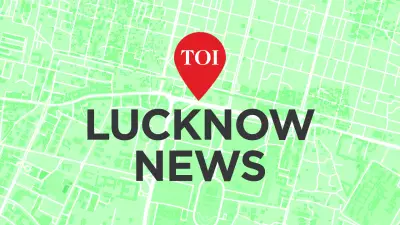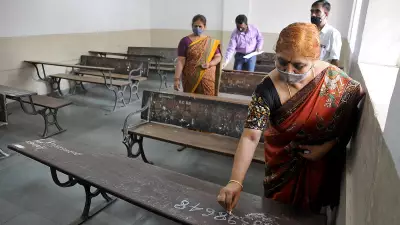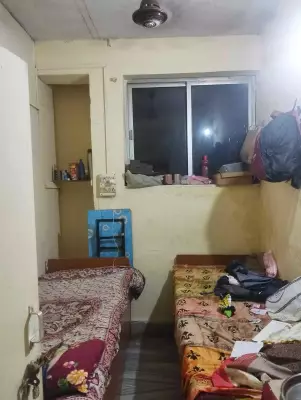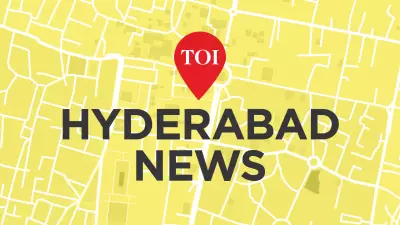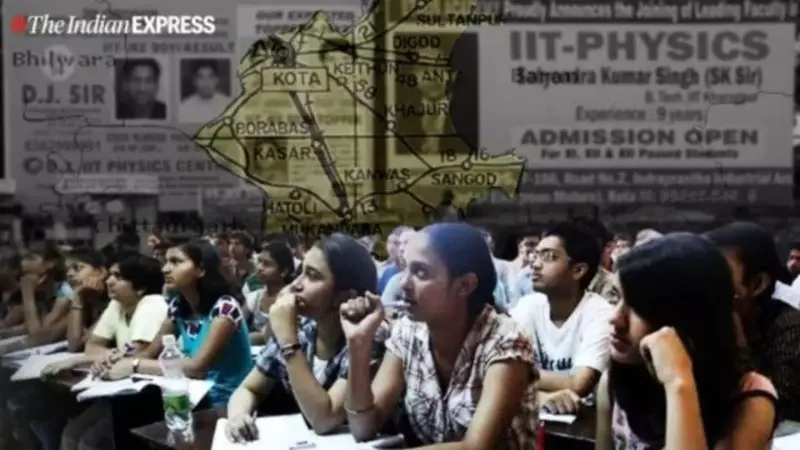
Across India, a silent revolution is transforming how students learn – but not necessarily for the better. The private tuition industry has exploded into a massive ecosystem, creating what many education experts call a parallel education system that's widening the gap between those who can afford extra help and those who cannot.
The Multi-Billion Ruhee Shadow Education
Private coaching centres and individual tutors have become an inescapable part of the Indian academic landscape. From crowded metropolitan cities to small towns, students are increasingly relying on supplementary instruction outside regular school hours. This phenomenon isn't limited to competitive exam preparation anymore – it has seeped into routine school curriculum support.
Why Parents Are Choosing the Tuition Path
Several factors drive this trend:
- Perceived inadequacy of school education – Many parents believe regular schools aren't providing sufficient academic rigor
- Competitive pressure – The race for limited seats in premium institutions creates intense competition
- Peer influence – When neighbours and classmates enroll in coaching, others feel compelled to follow
- Working parents – Dual-income families often use tuition as supervised study time for children
The Hidden Costs Beyond Money
While the financial burden of private tuition strains family budgets, the psychological costs might be even higher. Students face:
- Extreme time pressure with packed schedules
- Mental health issues from constant academic stress
- Reduced time for extracurricular activities and social development
- Diminished self-learning capabilities and creativity
Creating Two Tiers of Education
The most concerning aspect of this trend is how it exacerbates educational inequality. Students from economically disadvantaged backgrounds find themselves at a significant disadvantage, unable to access the additional resources that could level the playing field. This creates a system where academic success becomes increasingly tied to family income rather than student capability.
Rethinking Our Educational Priorities
Education experts suggest several measures to address this imbalance:
- Strengthening the quality of mainstream school education
- Developing more holistic evaluation systems beyond rote learning
- Creating affordable supplementary learning options
- Encouraging critical thinking and problem-solving in regular classrooms
The conversation around private tuition isn't about eliminating supplementary education entirely, but about creating a more balanced approach that doesn't undermine our formal education system or exclude deserving students based on economic circumstances.

